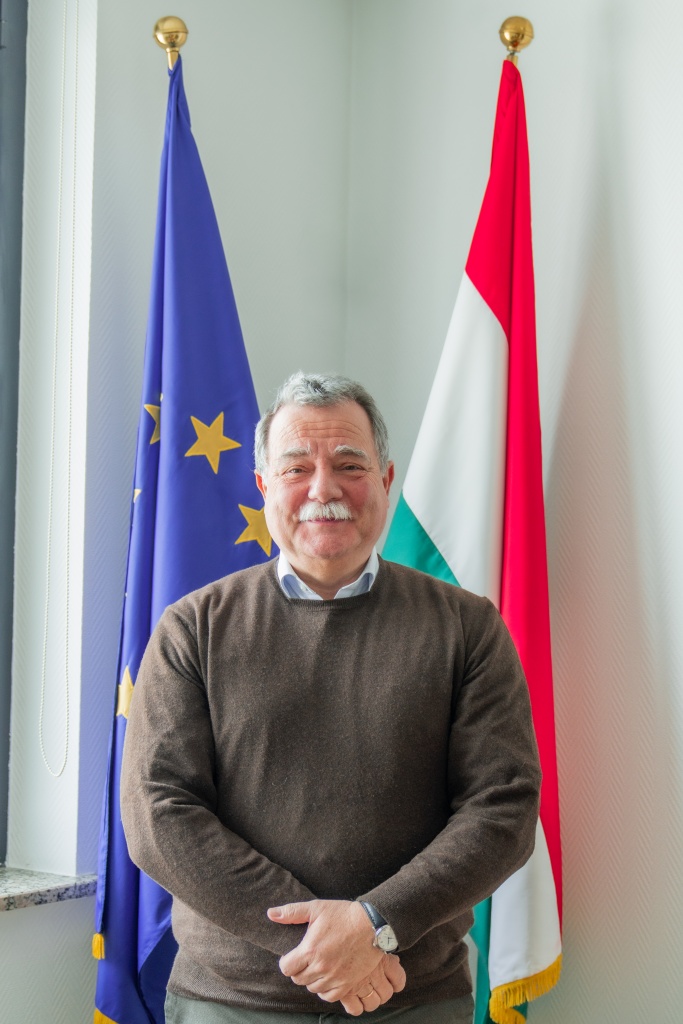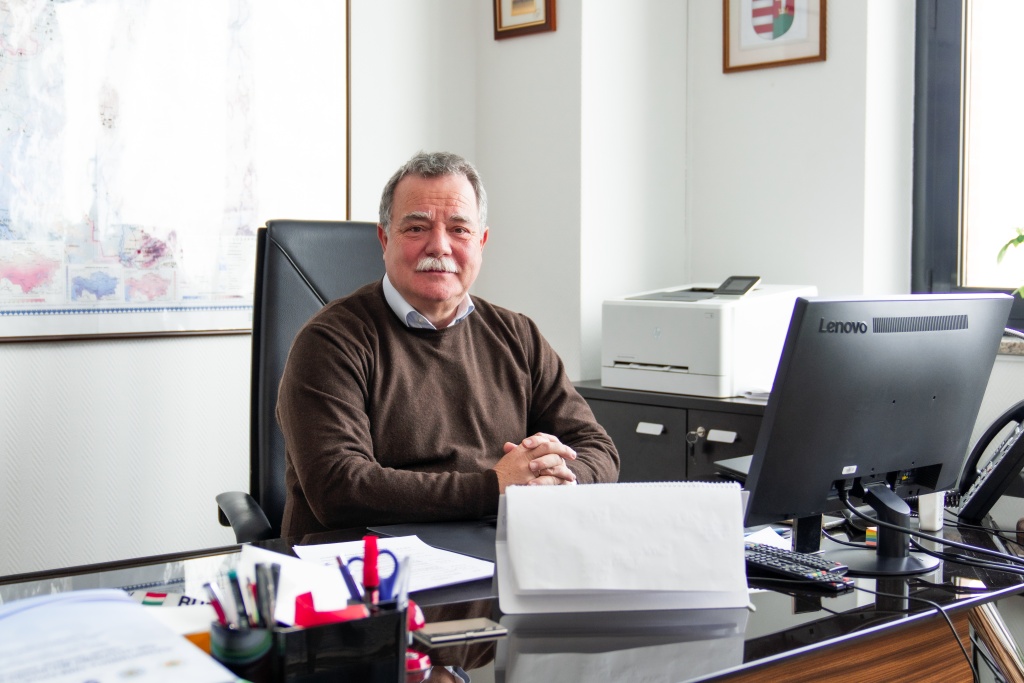The Hungarian Ambassador talks about his childhood dream come true and why Hungarians and Kazakhs are brothers.
Otto Ivan Rona, city — Astana, Ambassador of Hungary to the Republic of Kazakhstan and the Republic of Tajikistan

About myself
I am the Ambassador of Hungary to Kazakhstan and Tajikistan. Since childhood, I have dreamed of a career connected with different countries and cultures — I always knew I would travel the world. I have also had a deep love for history, geography, and foreign languages. I speak five or six languages fluently.
In 1981, I enrolled at MGIMO in Moscow. In September 1987, I joined the Ministry of Foreign Affairs of Hungary, and in a year and a half, I will be retiring. So, my career as a diplomat is both my first and last job.
About my work
My first diplomatic assignment was in Vietnam from 1990 to 1992, as I speak Vietnamese. For the next two years, I was posted to Malaysia.
After that, I shifted my focus to Europe, working on political cooperation management at the European Integration Department. I then served as Deputy Ambassador to Denmark for four years and became Hungary’s Ambassador to Denmark in 2003.
From 2007 to 2010, I was the Director of the Asia Department, later representing Hungary at the International Danube Commission. In 2013, I led the Political and Analytical Department at the Hungarian Embassy in Moscow. After returning to Hungary, I became the Director of the CIS Department. Before coming to Kazakhstan, I served as a political advisor to the Prime Minister of Hungary.
About working in Central Asia
Currently, only 36 Hungarian companies are registered in Kazakhstan. This presents vast opportunities for cooperation, particularly in energy and agriculture. Hungarian businesses show great interest in Kazakhstan. For instance, UBM Holding, a leading producer of high-quality animal feed and premixes in Central Europe, plans to build several factories in Kazakhstan. Additionally, the Hungarian oil and gas company MOL is actively operating in Uralsk.

When I arrived in Kazakhstan, my wife and I took a walk in the park the very next day. It was -28°C, the sun was shining, and there were snowdrifts everywhere — it felt like a true winter experience.
I represent a country whose people Kazakhs refer to as "the westernmost Kazakh tribe." Historically, Hungarians lived in what is now Kazakhstan for a long time, and despite Hungarian not being a Turkic language, we have around 800 similar words in our vocabulary. In Hungary, Kipchaks — whom we call Kumans — still live to this day.
I even have a personal story that illustrates this connection. The year we arrived in Kazakhstan, when the weather got warmer, my wife and I went on a trip outside the city to walk by the river. At one point, a car pulled up next to us to ask for directions. We replied that we didn’t know because we were not locals — we were from Hungary. The young man turned off his car, approached me, hugged me, and said, "Magyar brothers." It was such a warm moment, radiating positive energy. That gesture was a beautiful and heartfelt start to my service in a new country.